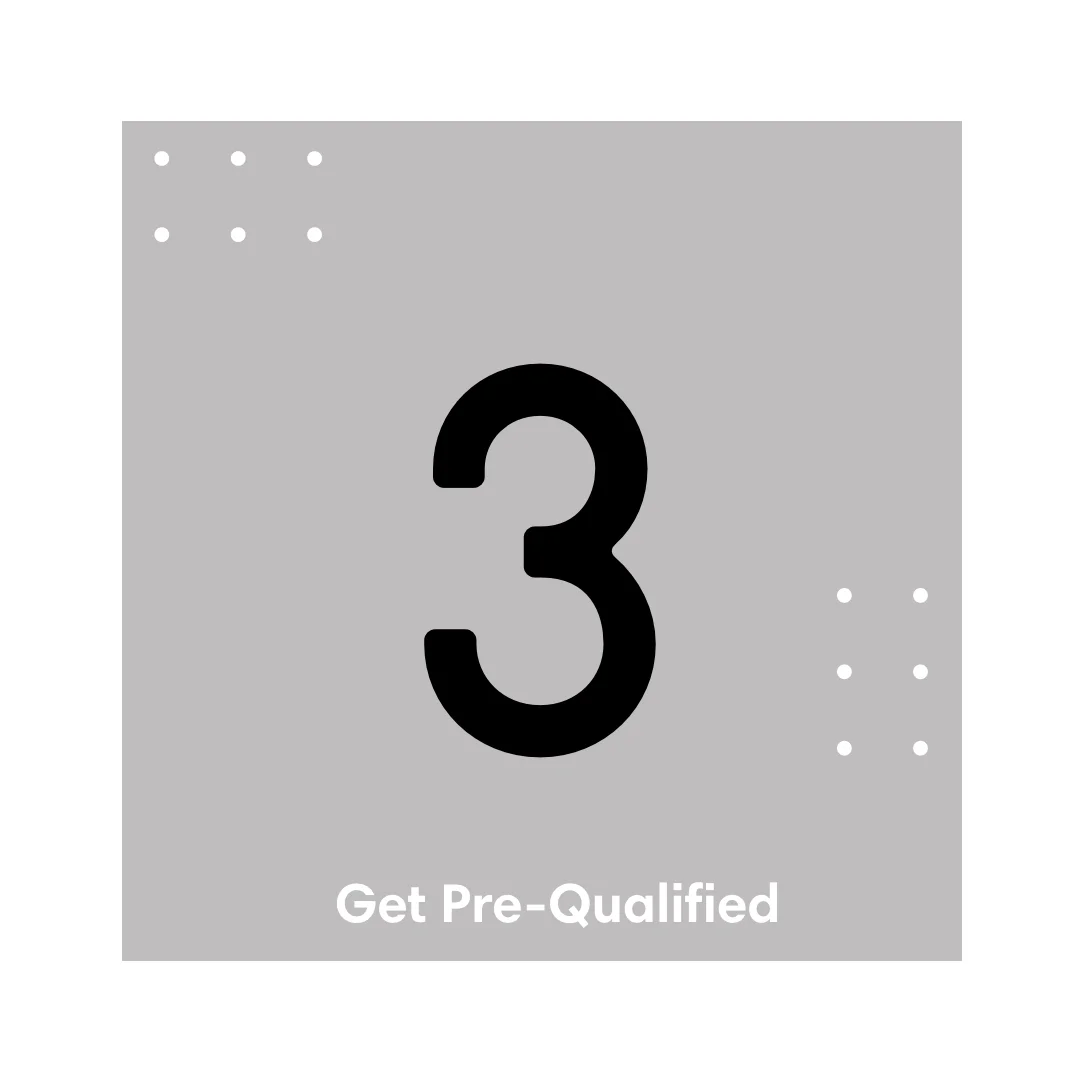Ten Steps To The Closing Table
New York City is one of the most diverse and competitive real estate markets in the world, and we understand that making the decision to buy a home here can be a particularly overwhelming experience. From mastering the difference between condos and co-ops, to planning for closing costs, to approaching the board approval process, there’s a lot to learn.
That’s why we’ve created this buyer’s guide—to set you on the right course to owning a New York City home of your own.
Build Your Real estate Team
After contacting The Hoffman Team we will connect you with the City's top real estate attorneys, bankers and mortgage broker. This way we are fully prepared and ready once you find your dream property.
Visit Properties
Attend viewing appointments with your agent and open houses spanning a range of area and property types. Now is the time to consider your ideal home's location and must-haves.
Get Pre-Qualified
While narrowing down your property search you should be in contact with your bank or mortgage broker to get pre-qualified (unless you will be paying cash for your purchase). Your Hoffman Team agent will be able to connect you with the City's top bankers and mortgage brokers. Based on your income and credit history, they will determine how much the bank will lend you, which will help you determine your price range for your search.
Negotiate
Reach an agreement with the sellers on price and terms. Once you have seen a property you like, you can place an 'offer', which is a non-binding agreement to pay a certain price for the property. If your offer is lower than the list price, the seller will likley return with a 'counter offer' price, which you can choose to accept, reject, or make another offer. Your Hoffman Team agaent will provide advice and gudince on pricing throughout this step.
Review & Sign Contract
Analyze the contract of sale, building financials, and board minutes with your attorney. It's best to work with an attorney who is located within the city and who specializes with condo and co-op real estate sales.
Your attorney's job is vital to protecting your interests, and they have an incredible amount of paperwork to review on your behalf. Therefore, you want to select an attorney you is familiar with your type of transaction, and even better someone who has work alongside you Hoffman Team agent in the past.
Prepare Your board package
Co-ops are run by a board of directors, who will require a board package in order for you to purchase an apartment. A board package generally consists of financial documents including tax returns, bank statements, mortgage commitment from your bank, and letters of reference, both professional and personal. After reviewing your package, the board will set an interview date.
Your Hoffman Team agent will facilitate and help prepare your package as well as prepare you for your interview. While condos do not generally require board packages or interviews, you will need to present a purchase application that shows you are qualified to purchase the apartment.
Board Approval/Waiver
After your purchase application is reviewed, a co-op will issue board approval and a condo will issue a waiver. In both cases you are clear to move onto the next step -- scheduling the closing.
Bank clearance & Scheduling the closing
Your banker will work with you once approval have been granted by the board to have your loan cleared to close by the underwriters of the bank. Once you are cleared to close, your attorney along with the seller's attorney, the bank's attorney and building management will agree upon a closing date and time.
Final Walk-though with your agent
Once you have a confirmed closing date you and your Hoffman Team agent will conduct a final walk-through. The purpose of this walk-through is to make sure the sellers have moved out, and the property is in the same condition that it was when you signed your contract of sale.
Closing!
Congratulations, you are now a home owner!
Key Terms
APPRAISAL- Assessment of the property's market value, typically done for the purpose of obtaining a mortgage.
COMMON CHARGES - Monthly maintenance fee paid by condo owners. Property taxes are not included in the common charges.
MAINTENANCE - Fees paid by the co-op shareholders that contribute to the building's operations.
CONTRACT DEPOSIT - A percentage of the agreed-upon purchase price paid by the buyer at the time of signing the contract.
CO-OP SHAREHOLDER - Owner of a co-op unit, since what they are actually purchasing are shares of stock in the co-op corporation.
DEBT-TO-INCOME RATIO - The percentage of an individual's monthly gross income relative to the amount of debt owed.
ECROW DEPOSIT - Deposit of funds to be transferred upon completion of the deal.
FINANCIAL STATEMENT - A formal record of all your financial assets, debts, and liabilities.
FLIP TAX - A tax levied by a co-op and paid when the sale closes. They are designed to generate funds for the co-op's cash reserve.












